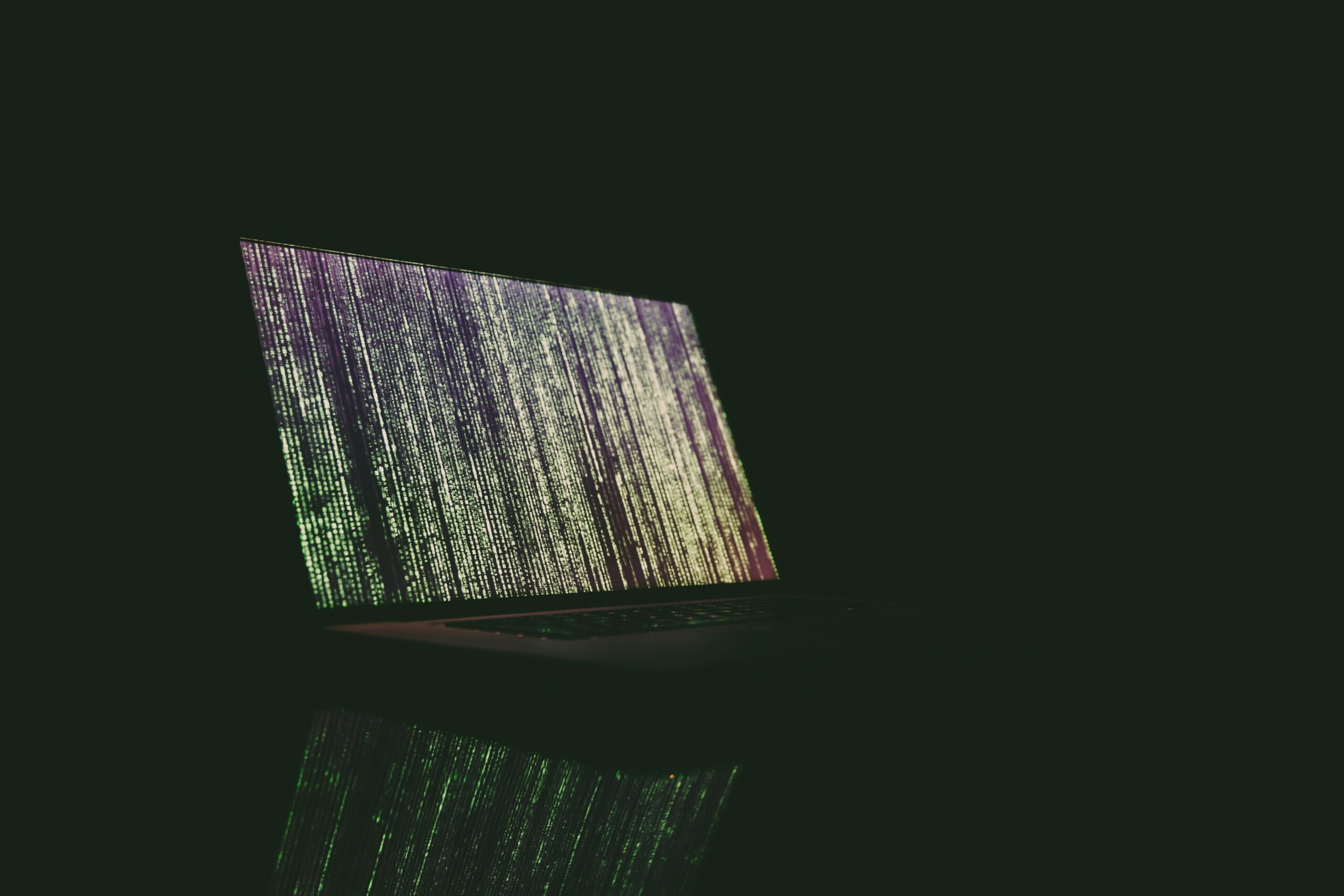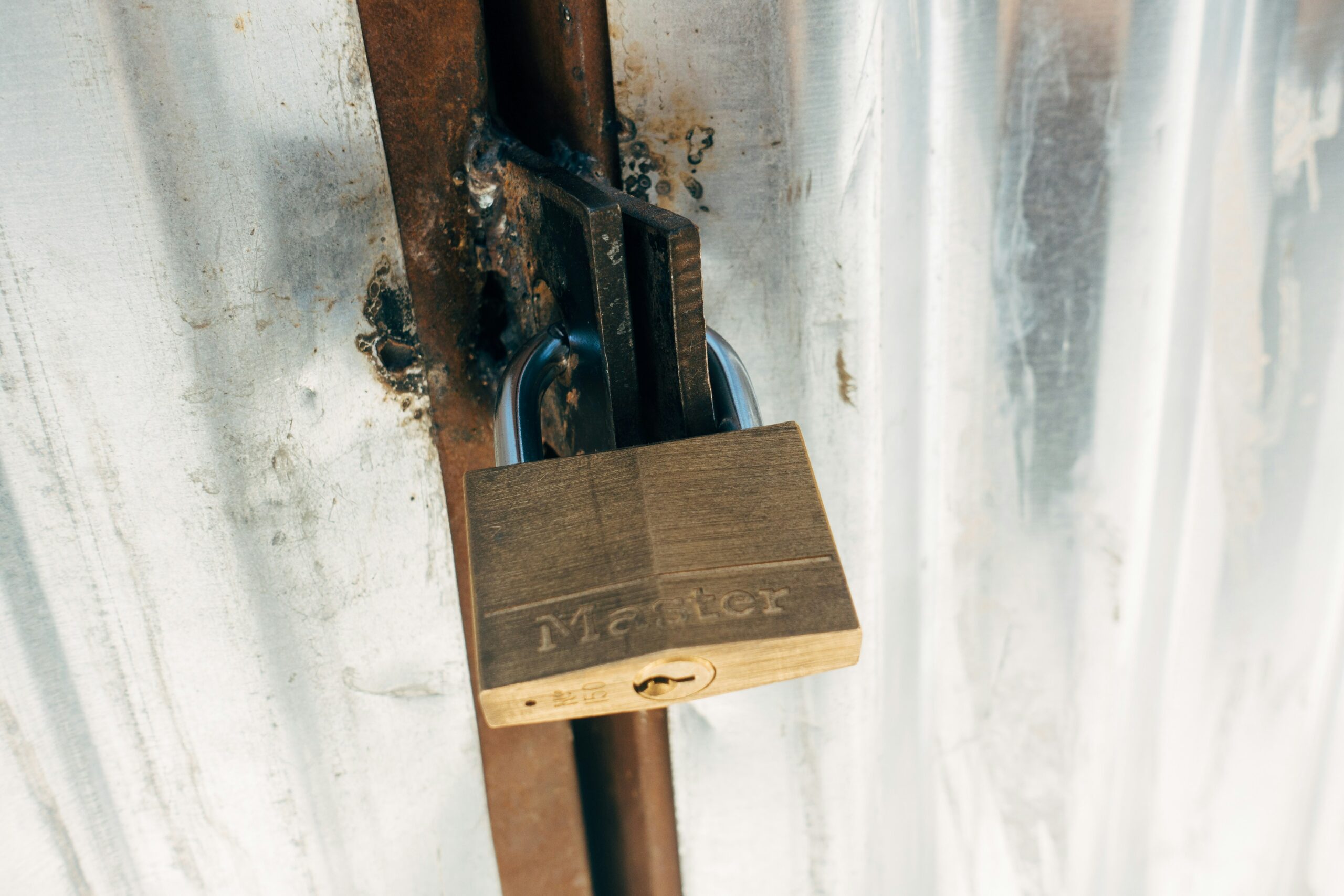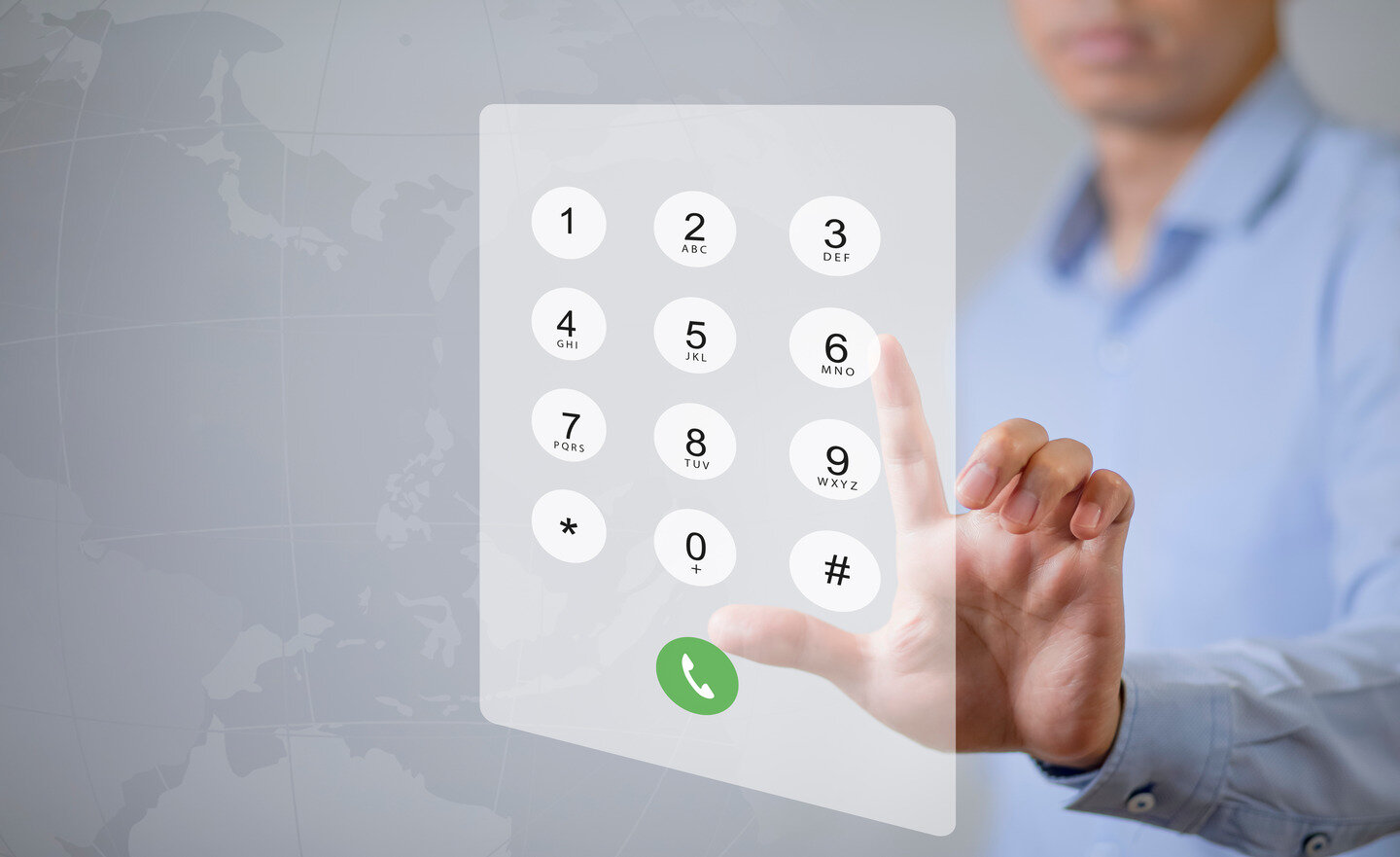In today’s digital-first world, it’s never been easier to send and receive information.
However, if this information gets into the wrong hands, it can be a disaster for businesses and individuals alike. New communication technologies are on the rise, but so are the techniques for intercepting them, from cyber attacks to data breaches.
As data protection becomes more important to businesses, companies are starting to seek more secure ways of communicating sensitive data, like the fax machine. But how secure are fax transmissions? Can a fax be intercepted?
In this article, we’ll cover the security weaknesses of traditional faxing, as well as how you can secure your fax transmissions with the right online fax service.
How Fax Transmission Works
Fax machines revolutionized the world of business communication when they first became popularized decades ago. Today, this technology is still used to transmit sensitive information in certain industries, like finance, health, and legal.
But how exactly does fax work? Simply put, fax machines send digital data through a phone line. With traditional faxing, the machine converts the text into a sequence of audio tones to transmit to the receiving fax machine, which then converts it back into text. In a matter of minutes, the receiver can print out the same document you just inserted into your fax machine.
Vulnerabilities in Traditional Fax Systems
Traditional fax machines are often used for more secure information transfers, but they don’t come without vulnerabilities.
All fax machines use the public switched telephone network (PSTN). This ensures point-to-point transmission, which should make it more secure than other transfer methods like email.
In theory, an intercepted file should appear as a sequence of audio tones — indecipherable to the hacker. In many ways, faxing is more secure and highly protected than other forms of communication. Phone lines are more challenging to hack than public internet connections, after all.
But the truth is far more complicated. The typical office fax machine is unencrypted, which means it can’t guarantee confidential data transmission. Fax documents can still be intercepted and translated by hackers with the right knowledge and hardware. It may be more difficult than intercepting digital transmissions, but it’s still possible. If the phone line attached to your fax machine is compromised, then data can be stolen on either end of the fax transmission.
Fax machines also produce physical documents, which makes them vulnerable to in-person interception. If a fax machine is placed in public, it can be accessed by other employees or even completely unauthorized individuals. Once they’ve left the fax machine, paper documents are also still vulnerable to unauthorized access if they’re not stored securely.
It’s also important to remember that fax is a decades-old technology. Unlike online faxing practices, fax machines haven’t changed much since their inception. This means that fax machines haven’t evolved to include any protective methods, like encryption or firewalls. A hacker could easily exploit this vulnerability to gain access to the data sent and received by your fax machine. Worse yet, they could use your unencrypted fax machine to gain access to your entire computer system.
Consequences of Fax Data Breaches
Hospitals, legal offices, banks, and more rely on faxing as a secure communication method. For any organization, a lapse in fax transmission security can have serious and far-reaching consequences.
What happens after your fax data is breached? Here are a few examples of what those consequences could look like.
Identity Theft
If not properly secured, personal data and sensitive documents relating to customers, patients, and employees could fall into the wrong hands. This can expose data like full names, phone numbers, addresses, Social Security numbers, bank account numbers, investment information, account passwords, and more.
This compromised data enables cybercriminals to commit identity theft, in which they falsely impersonate individuals to access financial accounts, open new credit cards, collect loans, or even sell information over the dark web. This can affect a victim’s credit report and even prevent them from getting loans or a mortgage.
Even if personal information isn’t used for identity theft, inadvertently revealing customer records can damage the reputation of any business. It makes customers lose trust in your business, and can even lead them to take legal action against you.
Business Disruptions
A data breach can hit businesses hard, disrupting operations and even costing millions to repair. In addition to the loss of vital data and erosion of customer or stakeholders’ trust, you may have to take on a heavy financial burden.
These financial losses can include:
- Missed business opportunities
- Decrease in customer retention
- Legal fees to cover lawsuits
- Compensation costs
- Investment in new security measures
- Regulatory penalties
Violation of HIPAA
Medical and financial institutions are at particular risk for consequences from a data breach. If the data loss violates security regulations like the Health Insurance Portability and Accountability Act (HIPPA), businesses can be subject to considerable fines.
HIPPA violations also undermine the trust of customers and patients, which is especially important in sensitive industries like healthcare.
Reliably and Securely Send Faxes With eFax
With fax machines being so outdated, you might think your information is safe from data infiltration. But fax machines are especially vulnerable to damaging security vulnerabilities that can’t be avoided. From a lack of encryption to the risks associated with physical documents, fax machines can put any business at risk of major legal infractions.
The solution, however, still lies with fax. Not fax machines, but fax technology. The right online fax service offers secure electronic faxing that doesn’t rely on phone lines, but rather digital networks. Essentially, it allows you to fax without a fax machine at all — you can send a fax from your laptop and other electronic devices. These digital networks can be encrypted to deliver an additional layer of security, ensuring maximum privacy and keeping hackers at bay.
With these modern methods, your faxes aren’t just protected from interception during transmission. From the moment you click “send” to the moment your fax message arrives, everything from legal documents to sensitive medical information will be preserved in a secure fax cloud location on your device — so nobody unauthorized can access them. eFax’s online secure faxing system comes complete with advanced TLS encryption protocols, giving you the peace of mind to fax as much as you need to. Learn more about our eFax security faxing features, or start your fax journey today with just an internet connection and email address.





